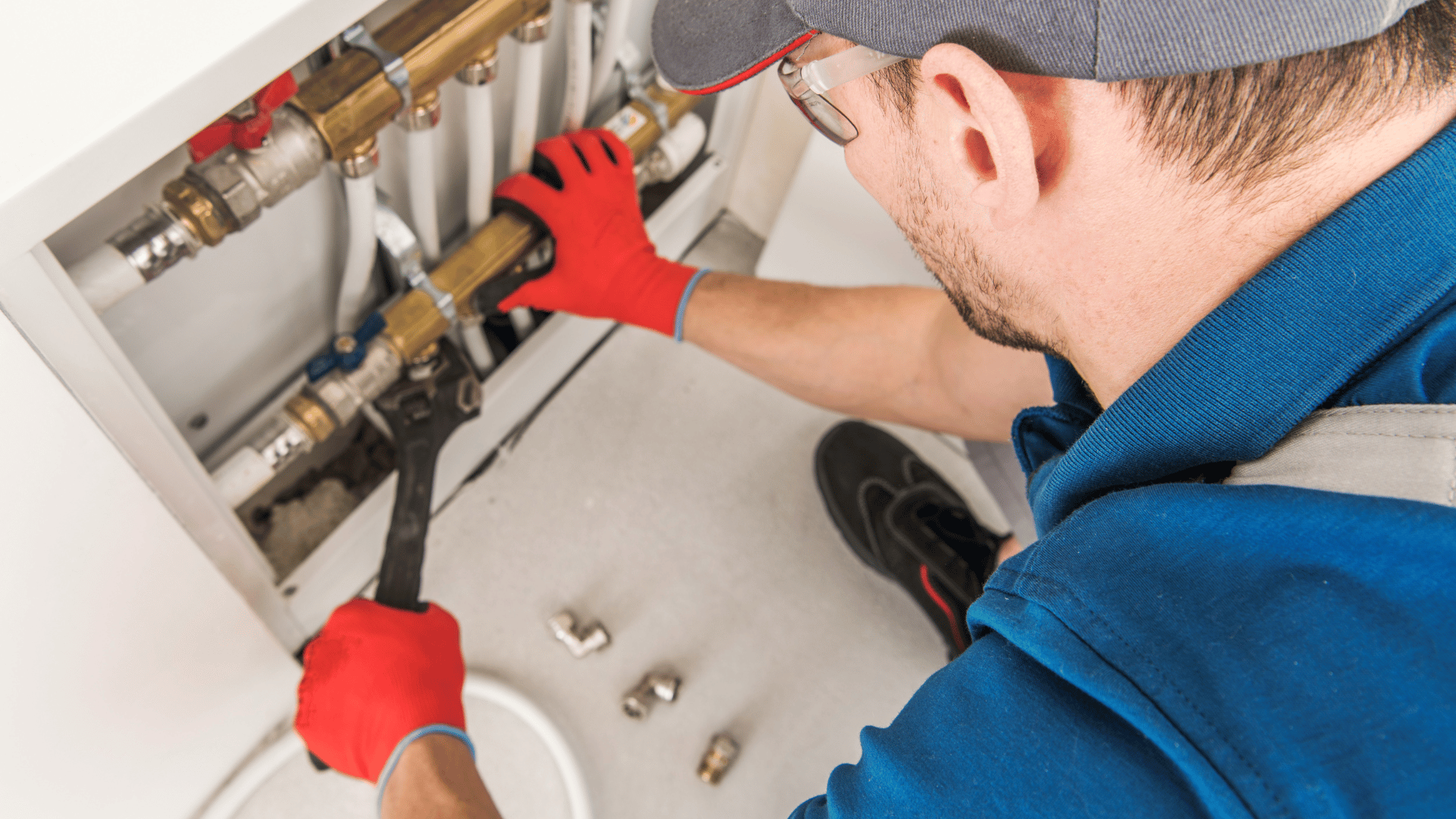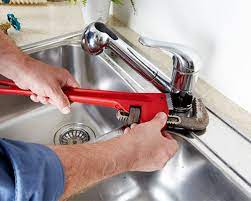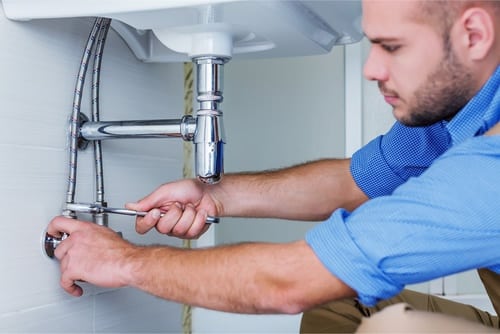Plumbing Services in West Covina CA involves installing, repairing, and maintaining pipes that deliver water to fixtures. These skills are necessary for a home to function properly.
Plumbing repairs may require advanced skills like soldering to fix copper water lines or water shut-off valves. These types of repairs should only be completed by a professional plumber.
Residential
Residential plumbers install, repair and maintain pipe systems in homes. They typically work on a wide variety of plumbing issues, including leaks, toilets and faucets, garbage disposals and water heaters. They also inspect and repair sewer drain lines to ensure they are free of blockages that could cause flooding and other dangerous problems.
These plumbers are the ones that many people think of when they hear the term “plumber.” They specialize in home-based plumbing and tend to be the most common type of plumber. They typically have more experience than commercial plumbers but may lack the skill set required to handle large-scale installations.
If you’re interested in becoming a residential plumber, trade organizations like the Associated Builders and Contractors Empire State Chapter offer apprenticeship programs in its construction training centers in Albany and Long Island. These programs are offered for free to high school students and require a small tuition fee for adult learners. Many plumbing companies offer training and on-the-job experience to new plumbers as well.
Commercial
Plumbing systems in office buildings, malls and high-rise buildings need to be able to accommodate a much higher volume of water usage than residential systems. They also need to be more durable and resistant to corrosion because they are used 24 hours a day.
Because commercial properties tend to have more complex plumbing and pipework systems, they require plumbers who have the experience to deal with these larger systems. This is one reason why it is important to check reviews and choose a plumber with years of experience in the industry.
During the interview process, it is also important to find out whether a plumber’s goals are short-term or long-term. This will help you to understand their motivation and whether they will be a good fit for your company. Ideally, you want to work with a plumber who is looking for career growth and is interested in pursuing a management position within your business. This will ensure that they will be committed to the company for the long term.
Industrial
As the name suggests industrial plumbing services are for large scale businesses such as factories, warehouses, restaurants, and hospitals. These plumbing systems are generally bigger and more complex than a residential home’s piping and require special knowledge to maintain correctly.
Leaks and blockages are more of an issue in these settings as they can cause significant damage if left unchecked. Also, they’re often used by many people at once so they get worn out much faster than a typical home’s pipes.
Asking candidates how they handle customer service is important to see if they prioritize clear communication with clients and use technology to streamline processes. For example, asking about their experience with all-in-one plumbing software can help you discover if they see the value it adds to the industry. It can also help them streamline the scheduling process and provide branded job estimates right from the field. This helps reduce the number of errors caused by manual tickets and improves overall efficiency.
Water Treatment
Many homeowners use water treatment devices to keep toxins, pollutants and even bacteria out of their drinking water. This is done both at the municipal level for public water supplies as well as in homes and businesses that draw their water from private pipes.
These devices can also be used to help eliminate odors and hardness in water as well as address issues such as pH balance. When hiring a plumbing service to work on water treatment, look for one with a track record of reliability and expertise in this area.
Another important consideration is the plumbing company’s involvement in the community. Ideally, they should be members of civic organizations such as Rotary, Kiwanis or Optimists to help establish their brand and reputation among local business owners. They should also be licensed and insured for your protection in case anything goes wrong during a job. This includes workers’ compensation insurance and general liability insurance. A plumber who is insured is more likely to follow industry safety guidelines and provide a higher quality job.



